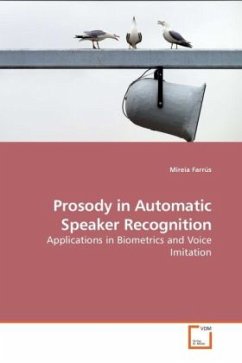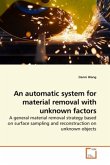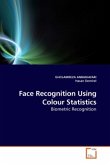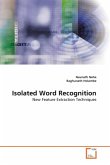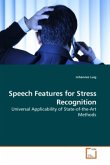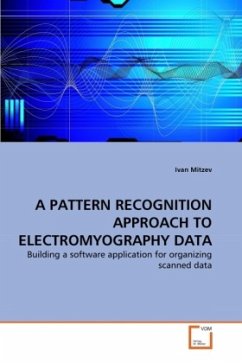Over the last years, automatic speaker recognition (ASR) has undergone an increasing use in applications such as access control, forensics and system customisation, among others, relying traditionally on short-term features related to the spectrum of the voice. However, since human speaker recognition uses other sources of information like prosody, there is reason to believe that they can play an important role in the ASR task, adding complementary knowledge and improving accuracy. Furthermore, humans are able to identify others from voice even when their voices are disguised, so that the question arises as to how vulnerable ASR systems are against voice disguises such as human imitation or artificial conversion, which are potential threats to security systems that rely on ASR. This book provides a detailed analysis of the use of prosody in a multimodal biometric environment and the robustness of ASR systems against voice imitations and synthetic converted voices. These analyses should help shed some light on the exciting field of biometrics and voice imitation, and should be especially useful to researchers having none or some expertise in Linguistics and Signal Processing fields.
Bitte wählen Sie Ihr Anliegen aus.
Rechnungen
Retourenschein anfordern
Bestellstatus
Storno

